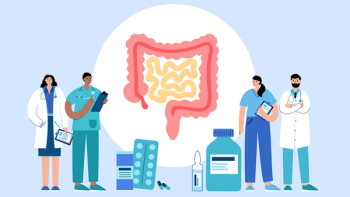
It is essential to continue to develop and incorporate educational strategies to increase screening for colorectal cancer in our communities.

It is essential to continue to develop and incorporate educational strategies to increase screening for colorectal cancer in our communities.
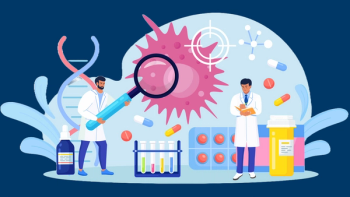
The program’s initiative aims to identify those at increased risk for cancer through assessment and testing and then formulate a personalized evidence-based cancer surveillance or screening plan.

Oncology nurses can help patients with metastatic lung cancer find meaning in their experiences and potentially help them cope more effectively with their diagnosis.

I have been using the Epic Rover app on a hospital-provided iPhone for the last few months. It has helped me give medication faster and more efficiently.

Interpretation devices may have a useful application in cancer care.

Iris app aims to leverage accessible technology to deliver supportive care to all patients with cancer.

Veno-occlusive disease or sinusoidal obstruction syndrome is commonly associated as a complication with transplant in pediatric patients but can also be seen with chemotherapy alone.

Debi Fischer, MSW, BSN, BA, LCSW, RN, reviews key takeaways from a poster presented at the 2023 Oncology Nursing Society Congress.

Wilderness therapy is a nontraditional form of therapy that uses components of exposure to outdoor activity and mental health treatment.

Debi Fischer, MSW, BSN, BA, LCSW, RN, walks through some cancer support groups that may be of interest to oncology specialists.

At the 48th Annual Oncology Nursing Society Congress, nurses shared how they improved travel nurse orientation at their institution.
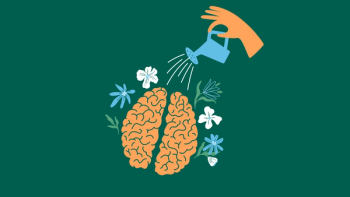
There are many educational resources available for nurses who are interested in improving their spirituality and wellness.


Early coordination with multiple specialty teams can maximize outcomes and improve quality of life for patients with complex metastatic disease.

An initiative in Florida will monitor cancer recurrence at a state-level, setting the bar for recurrence data collection and research.

Access to hospice and palliative care is lacking in many low- and middle-income countries.
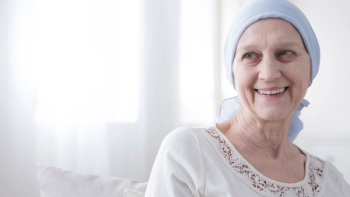
Drama therapy may be a unique approach to help patients with cancer express themselves and improve their emotional well-being. It can also help health care professionals improve their communication skills.

Narrative medicine is relevant to health care professions and can be used to enhance patient as well as the clinician’s experiences.

Narrative oncology is the practice of funneling our experience in health care into stories that are emotional and humanistic.

We can help our patients feel supported is by providing them with clear information about their treatment plan and what to expect. By doing so, we empower them to take control of their own health.
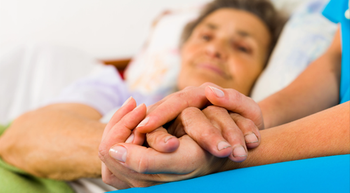
National Donor Day happens during the month of February and is a great time to encourage people in your life to give.

Nurses should educate patients not only about screening guidelines, but about important cancer risks to help improve cancer prevention.

Nursing education should be viewed as a long-course endeavor rather than a sprint.

Triple-negative breast cancer often occurs in women younger than 40.

Being an oncology nurse means supporting the patient—even through social media engagement.
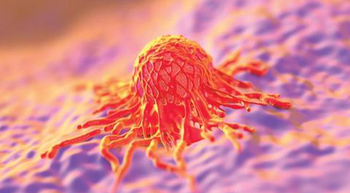
January is cervical cancer awareness month. This fourth article in a series underscores the role of the nurse or social workers in patient advocacy.

January is cervical cancer awareness month. This third article in a series highlights current cervical cancer treatment options.
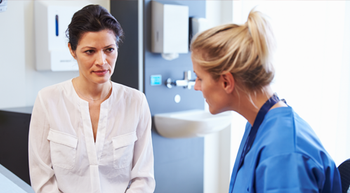
January is cervical cancer awareness month. This second article in a series highlights current cervical screening guidelines.
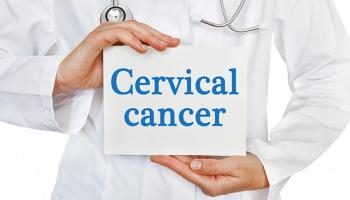
January is cervical cancer awareness month. This first article in a series highlights educational efforts on disease prevention through vaccination and empowering programs such as the Quilt Project.

Oncology nurses can help their patients navigate misinformation that they may find online.